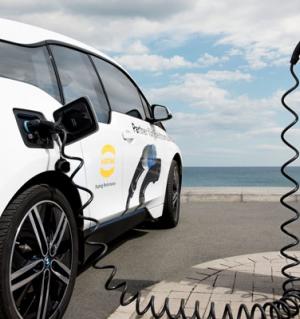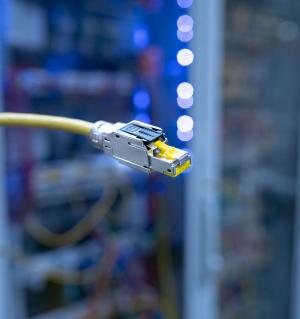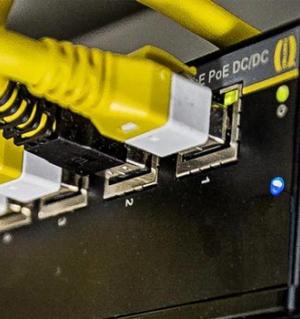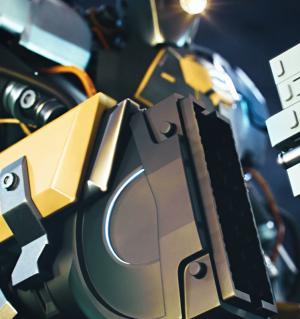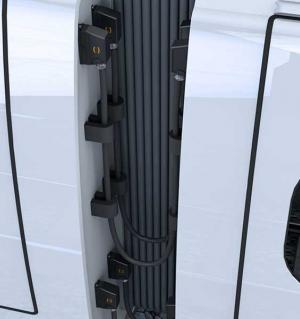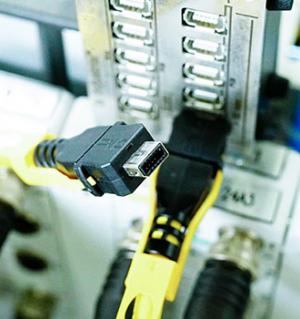Products & Solutions
What are Industrial Control Systems (ICS)
The means by which humans interface with machines.
What Are Industrial Control Systems?
Industrial Control Systems (ICS) is a general term that refers to objects, both physical and digital, that regulate and manage the behavior of machines and machine processes in Industrial systems; they also are the means by which humans interface with machines. Essentially, ICSs are the brain of a machine or system telling it when and how to act. Industrial Control Systems have evolved through three stages over many years.
The Evolution of Industrial Control Systems (ICS)
Stage 1: Localized Control
In the early stage of ICSs, control systems were local to individual machines. This meant that a person working on the floor entered inputs via a panel on the machine itself. To run a manufacturing system, a company needed large workforce. In addition, there was also no overall view or control of the process.
Stage 2: Centralized Control
The next step was to get an overview of the entire process by transmitting all plant measurements to a central control room via electrical signals and pneumatics. This offered the advantages of needing a smaller work force to manage the floor and an overview of the entire manufacturing process. However, a centralized control system was inflexible and reconfiguring any part of the system was time-consuming.
Stage 3: Distributed Control
A distributed control system is computerized and autonomous controls are distributed through-out the systems. A central operator supervisory controller manages these controls. A distributed control system increases reliability and reduces installation costs by localizing control functions near the machines, but enabling remote monitoring and supervisory control of the processes.
UL 508 Standard Industrial Devices
The UL 508 standard applies to Industrial control panels. According to the UL 508 standard, an, Industrial Control Panel (ICP) is an assembly that incorporates two or more pieces of industrial control equipment or related control circuit devices, including the wiring and terminal connections in the field.
The UL listing mark ensures that the product adheres to North American safety standards. While this mark is not mandatory, many manufacturers of ICPs choose to certify their products to this standard so that their customers can be assured of the product’s safety and reliability.
Some examples of the equipment that is controlled by ICPs include:
-
Factory Automation Equipment: such as assembly, packing, sorting, counting, or cutting machinery. This could also include equipment used during processing, such as heating or cooling, drying, or gluing.
-
Packaged Pumping Systems: equipment that uses pumps, motors, frequency drives, control valves, gauges and piping mounted on a steel base. They are used for plumbing boosters, heat transfer, hot water heating, HVAC chilled and hot water packages, irrigation, boiler feed and condensate packages, and similar applications.
-
Heating and cooling systems
Using Connectors on UL 508 Industrial Devices
Using connectors in an Industrial Control Systems offers substantial benefits over hardwiring, such as time-savings, cost saving, cost certainty and reliability. Until recently, an OEM could not use individual connectors in a field-assembled, UL 508-certfied control cabinet unless it subjected the end product to extensive additional UL safety testing at its own expense, a time-consuming process that often delays bringing a new machine to market.
Using UL-Recognized connectors from HARTING simplifies and fast tracks end product certification. There is a UL-Recognized HARTING connector product for almost any control panel application. All are well-proven catalogue products, employed in a wide range of applications, including control cabinets certified to other international standards.


